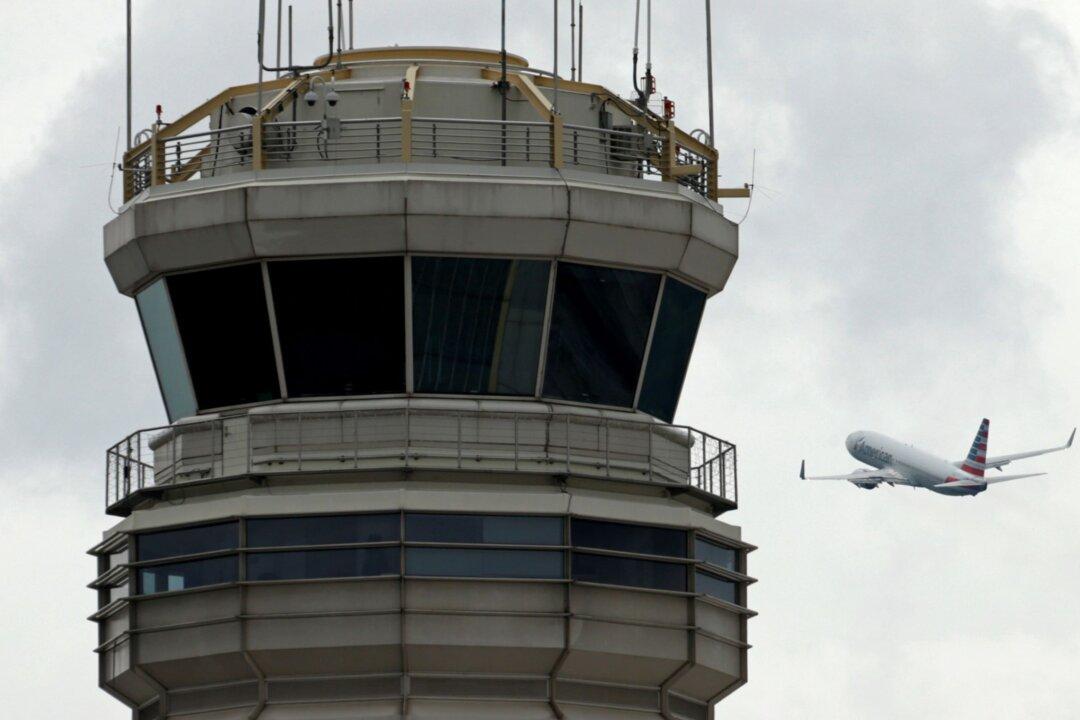WASHINGTON—The Federal Aviation Administration (FAA) said Wednesday it is proposing training revisions to help pilots avoid overly reliance on autopilot and to ensure they focus on flightpath management.
The FAA said it was issuing draft guidance and recommended practices, and said it was important that even on autopilot flight crews “should always be aware of the aircraft’s flightpath so they can intervene if necessary.”





